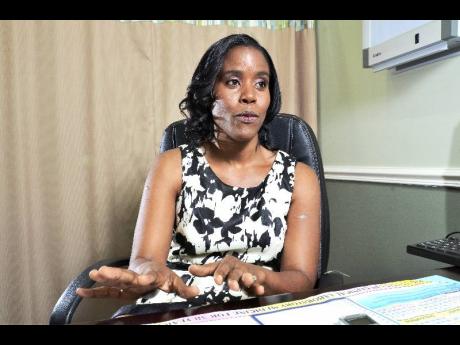A former doctor who practiced at three clinics in north Alabama pleaded guilty in federal court today, along with her wife, to drug distribution, wire fraud and healthcare conspiracy.
Francene Aretha Gayle, 50, and Schara Monique Davis, 48, both of Apopka, Fla., were before U.S. District Judge Liles Burke.
Gayle pleaded guilty to five counts of unlawful drug distribution, one count of health care fraud conspiracy, and one count of wire fraud conspiracy.
Davis pleaded guilty to one count of health care fraud conspiracy and one count of wire fraud conspiracy. Gayle faces up to 50 years in prison, while Davis could receive up to 30 years in prison.
Gayle former operated clinics in Huntsville, Athens and Killen. Davis owned the practice and operated as business manager. The clinics were shut down after Gayle’s license was revoked.
According to prosecutors, Gayle admitted to distributing drugs, including oxycodone, hydrocodone, and methadone. Both Gayle and Davis said for several years they billed insurers for office visits even when she did not see the patients.
In 2015, Blue Cross Blue Shield of Alabama audited the practice and discovered that Gayle was absent, other staff were seeing patients, and yet all office visits were being billed under Gayle’s name. Gayle promised it would stop, but the practice continued for another four years.
Prosecutors say over five years, Medicare, Medicaid, and Blue Cross paid more than $2.3 million for office visits billed under Gayle’s name.
Gayle lost her license in 2020. Months later, the two applied for and obtained more than $450,000 in COVID-19 disaster relief funds through the Paycheck Protection Program (PPP) and Economic Injury Disaster Loan (EIDL) program. In their applications, Gayle and Davis certified that their medical practice needed the money because of economic uncertainty or injury caused by the pandemic, according to prosecutors.
The FBI, DEA, and HHS-OIG investigated the case. The Medicaid Fraud Control Unit of the Alabama Attorney General’s Office provided investigative assistance after the Alabama Medicaid Agency’s Program Integrity Division initiated the case.











